Monolith
✅ Stabilizes mood
✅ Manages bipolar disorder
✅ Prevents manic episodes
✅ Reduces mood swings
✅ Long-term treatment
Monolith contains Lithium Carbonate.
Product Overview
Monolith is a pharmaceutical preparation containing Lithium Carbonate as its active component. This mood-stabilizing agent is primarily indicated for the management of bipolar disorder, effectively decreasing both the occurrence and intensity of manic episodes. The medication exerts its therapeutic effect by modulating concentrations of key neurotransmitters in the brain, particularly serotonin and norepinephrine, which play crucial roles in mood regulation. Available in extended-release tablet formulation, Monolith provides controlled, sustained medication delivery into the systemic circulation.
Therapeutic Applications
This medication is clinically approved for the treatment of bipolar affective disorder, a psychiatric condition marked by cyclical episodes of depression and mania. Monolith effectively stabilizes mood fluctuations, attenuating the severity of manic episodes and preventing their recurrence. In certain clinical scenarios, healthcare providers may prescribe Monolith off-label for managing schizoaffective disorder and treatment-resistant depressive disorders.
Administration Guidelines
The medication should be taken orally in strict accordance with medical prescription, typically once or twice daily with meals to reduce gastrointestinal discomfort. Tablets must be swallowed intact without crushing or chewing to preserve the extended-release properties. Patients must maintain consistent dosing as prescribed and refrain from self-adjusting medication regimens, even upon symptom improvement, without medical consultation.
Mechanism of Action
Monolith pharmacologically modulates neurotransmitter activity within the central nervous system, specifically targeting serotonin and norepinephrine pathways. This neuromodulatory action stabilizes mood states and mitigates the pathological mood variations characteristic of bipolar disorder. Additionally, lithium influences various protein synthesis processes and enzymatic activities involved in mood regulation, thereby enhancing its therapeutic efficacy.
Dosage Protocol
Dosage regimens are individualized based on patient-specific factors including age, clinical status, and therapeutic response. Treatment typically initiates with conservative dosing, followed by gradual titration under medical supervision to achieve optimal therapeutic levels. Regular serum lithium monitoring through blood tests is essential to maintain therapeutic concentrations and adjust dosing parameters accordingly.
Therapeutic Advantages
Monolith offers significant clinical benefits in mood stabilization and prophylaxis against manic episodes in bipolar disorder patients. By reducing mood oscillation frequency and intensity, the medication enhances overall psychosocial functioning and quality of life. The preparation may also provide adjunctive benefits in managing comorbid depressive symptoms associated with bipolar disorder.
Adverse Effects
Common adverse reactions may include gastrointestinal disturbances (nausea, diarrhea), neurological symptoms (dizziness, drowsiness), xerostomia, polydipsia, and mild tremors. These effects are generally transient and may attenuate with continued therapy. Persistent or worsening symptoms warrant immediate medical attention.
Precautions
Patients require regular clinical monitoring for potential lithium toxicity, which may manifest with symptoms including emesis, diarrhea, visual disturbances, muscular weakness, and convulsions. Adequate hydration is essential during therapy, as dehydration may predispose to lithium accumulation and toxicity.
Storage Conditions
Maintain the medication at controlled room temperature in light-resistant, moisture-proof containers with secure closures. Store in locations inaccessible to children and pets, avoiding humid environments such as bathrooms or kitchens which may compromise drug stability.
Disclaimer:
The information provided herein is intended for educational purposes only and represents expert-reviewed, evidence-based data. This content should not substitute professional medical advice, diagnosis, or treatment. The complete safety profile, including potential drug interactions and contraindications, may not be fully detailed. Patients should consult qualified healthcare providers for personalized medical guidance regarding any health condition or therapeutic regimen. This information aims to complement, not replace, the essential physician-patient relationship.
| Strength | 300 mg |
|---|---|
| Quantity | 30 Tablet/s, 60 Tablet/s, 90 Tablet/s, 180 Tablet/s |
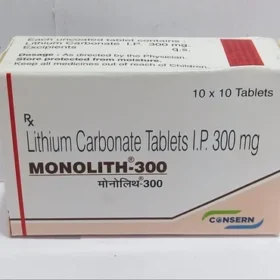 Monolith
Monolith









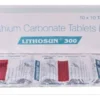
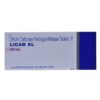
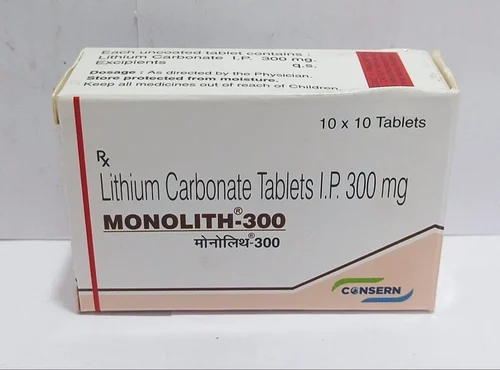
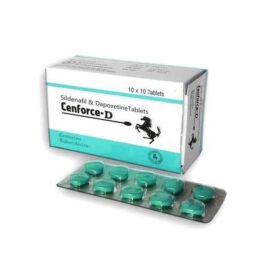
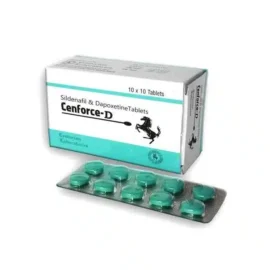
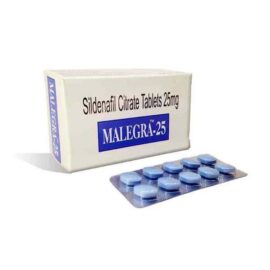
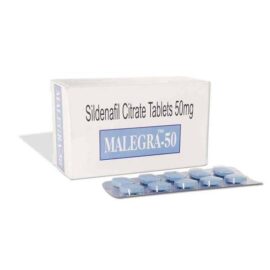
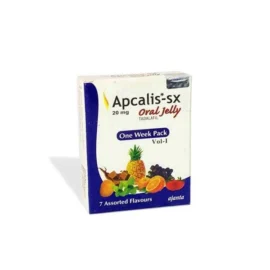
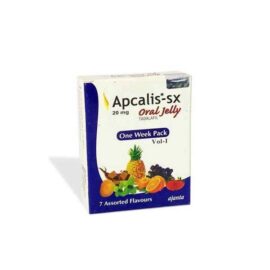


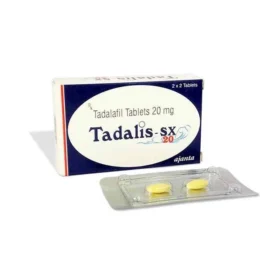
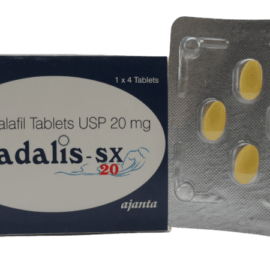
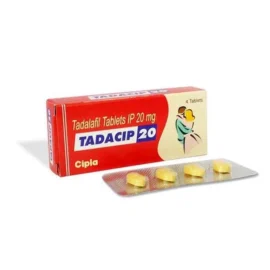
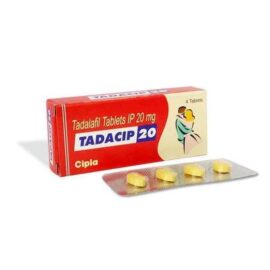
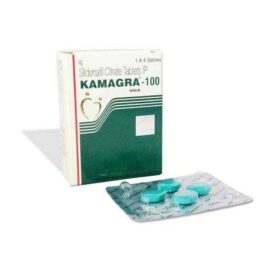
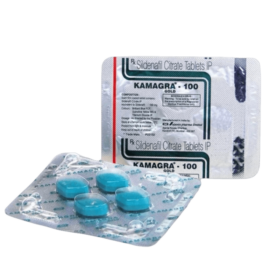
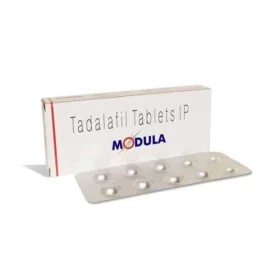
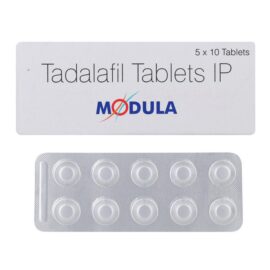


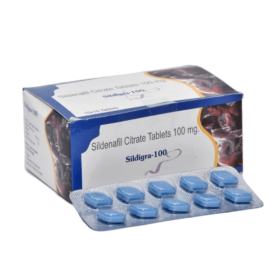
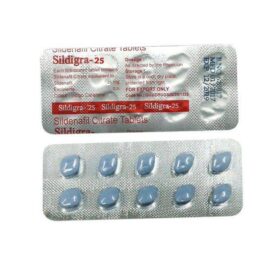
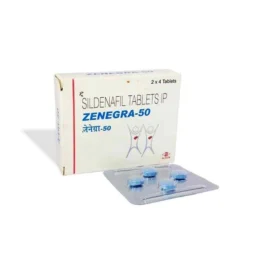
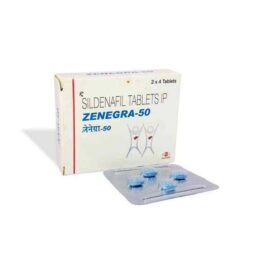
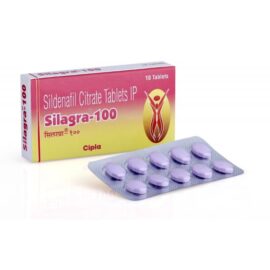
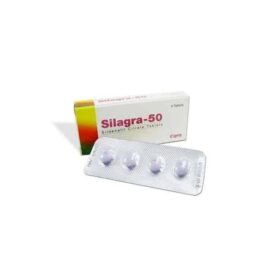
Reviews
There are no reviews yet